Omega 3 One Size
Omega 3 Market Growth Projections and Opportunities
The Omega-3 market is shaped by several key factors that influence its growth, trends, and consumer demand. One significant factor is the increasing awareness of the health benefits associated with Omega-3 fatty acids. Omega-3s are essential nutrients that play a vital role in various aspects of human health, including heart health, brain function, and inflammation reduction. As scientific research continues to highlight the importance of Omega-3s in promoting overall well-being, consumer interest in Omega-3 supplements and fortified foods has grown, driving demand for Omega-3 products in the market.
Changing dietary patterns and lifestyles also play a crucial role in driving the Omega-3 market. With rising concerns about lifestyle-related health issues such as cardiovascular disease, cognitive decline, and joint problems, consumers are seeking dietary solutions to improve their health and well-being. Omega-3 supplements, derived from sources such as fish oil, algae, or krill, offer a convenient way for consumers to increase their intake of these essential fatty acids, especially for those who may not consume enough Omega-3-rich foods in their diets.
The influence of aging populations and increasing health consciousness further drives the Omega-3 market. As the global population ages and consumers become more proactive about preventive health measures, there is a growing demand for dietary supplements and functional foods that support healthy aging and disease prevention. Omega-3s are recognized for their potential to reduce the risk of chronic diseases such as heart disease, arthritis, and cognitive decline, making them a popular choice among older adults and health-conscious individuals looking to maintain their vitality and quality of life.
Market factors also include the availability and sustainability of Omega-3 sources. While fish oil has traditionally been the primary source of Omega-3 supplements, concerns about overfishing, environmental pollution, and sustainability have prompted consumers to seek alternative sources such as algae-derived Omega-3 supplements. Algal oil offers a vegan-friendly and eco-friendly option for obtaining Omega-3s without the environmental impact associated with traditional fish oil extraction, appealing to environmentally conscious consumers concerned about marine ecosystems and sustainability practices.
Regulatory standards and quality assurance also influence the Omega-3 market. Regulatory bodies such as the Food and Drug Administration (FDA) and the European Food Safety Authority (EFSA) set guidelines for the production, labeling, and marketing of Omega-3 supplements and fortified foods to ensure consumer safety and product efficacy. Compliance with these regulations is essential for Omega-3 manufacturers to maintain product quality, safety, and consumer trust. Additionally, third-party certifications such as USP verification or IFOS certification provide reassurance to consumers regarding the purity, potency, and quality of Omega-3 products.
Competitive dynamics and market trends drive innovation and product differentiation in the Omega-3 market. With an increasing number of players entering the market, competition is intensifying, leading to a greater variety of Omega-3 products, formulations, and delivery formats. Companies differentiate themselves by offering unique combinations of Omega-3 sources, concentration levels, and added ingredients such as vitamins, minerals, or antioxidants. Moreover, innovation in delivery formats such as softgels, capsules, liquids, or gummies caters to diverse consumer preferences and lifestyle needs, further contributing to product diversification and market competitiveness.
Consumer behavior and preferences continue to evolve, shaping the dynamics of the Omega-3 market. While some consumers prioritize convenience and affordability, others prioritize product efficacy, purity, and sustainability in their Omega-3 purchases. Understanding these preferences and market trends is essential for Omega-3 manufacturers and retailers to develop targeted marketing strategies, product offerings, and distribution channels that resonate with their target audience. Consumer education initiatives highlighting the health benefits, sources, and recommended intake of Omega-3s help increase awareness and drive demand in the market.
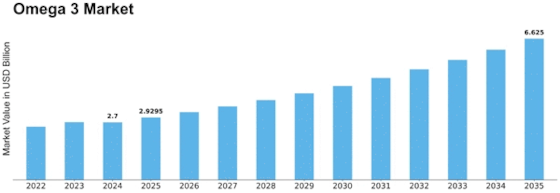


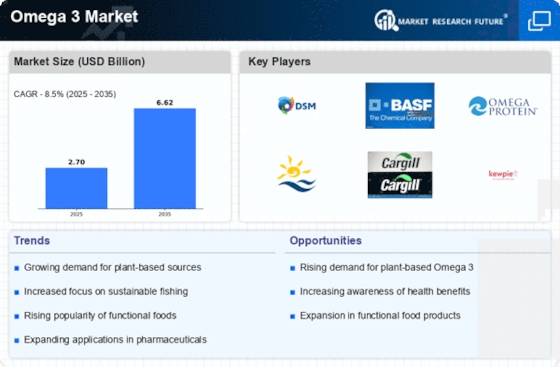

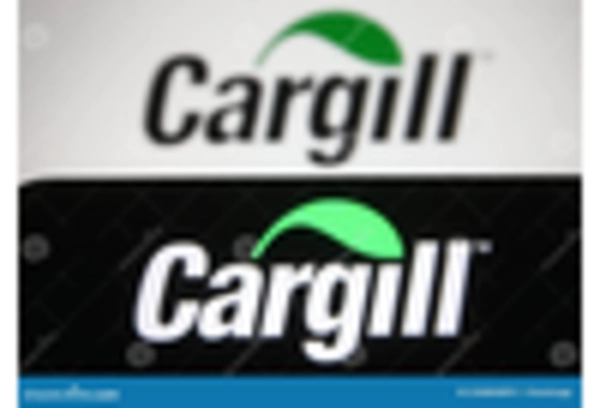
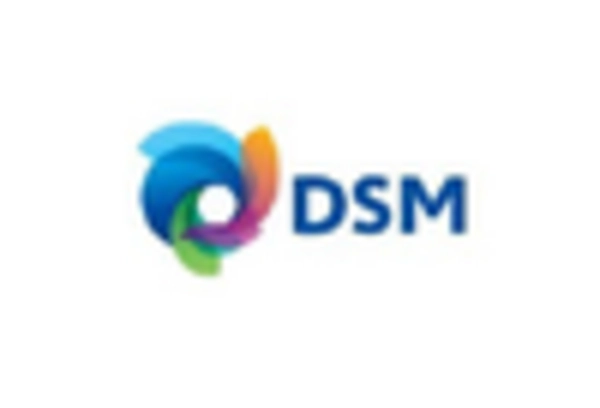
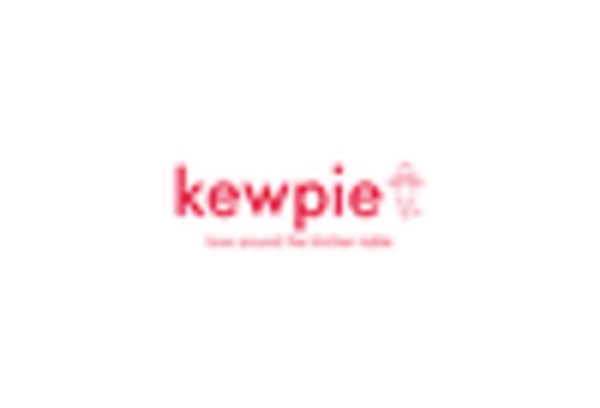

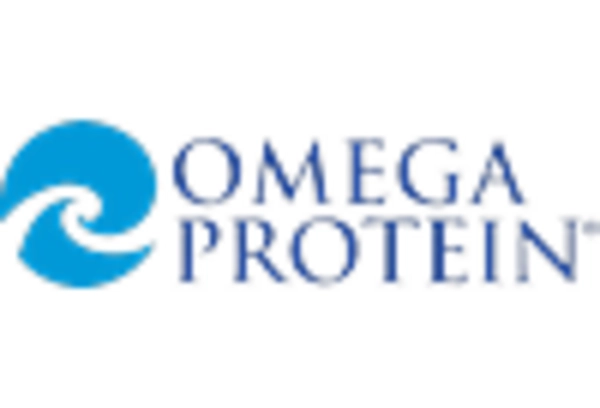









Leave a Comment